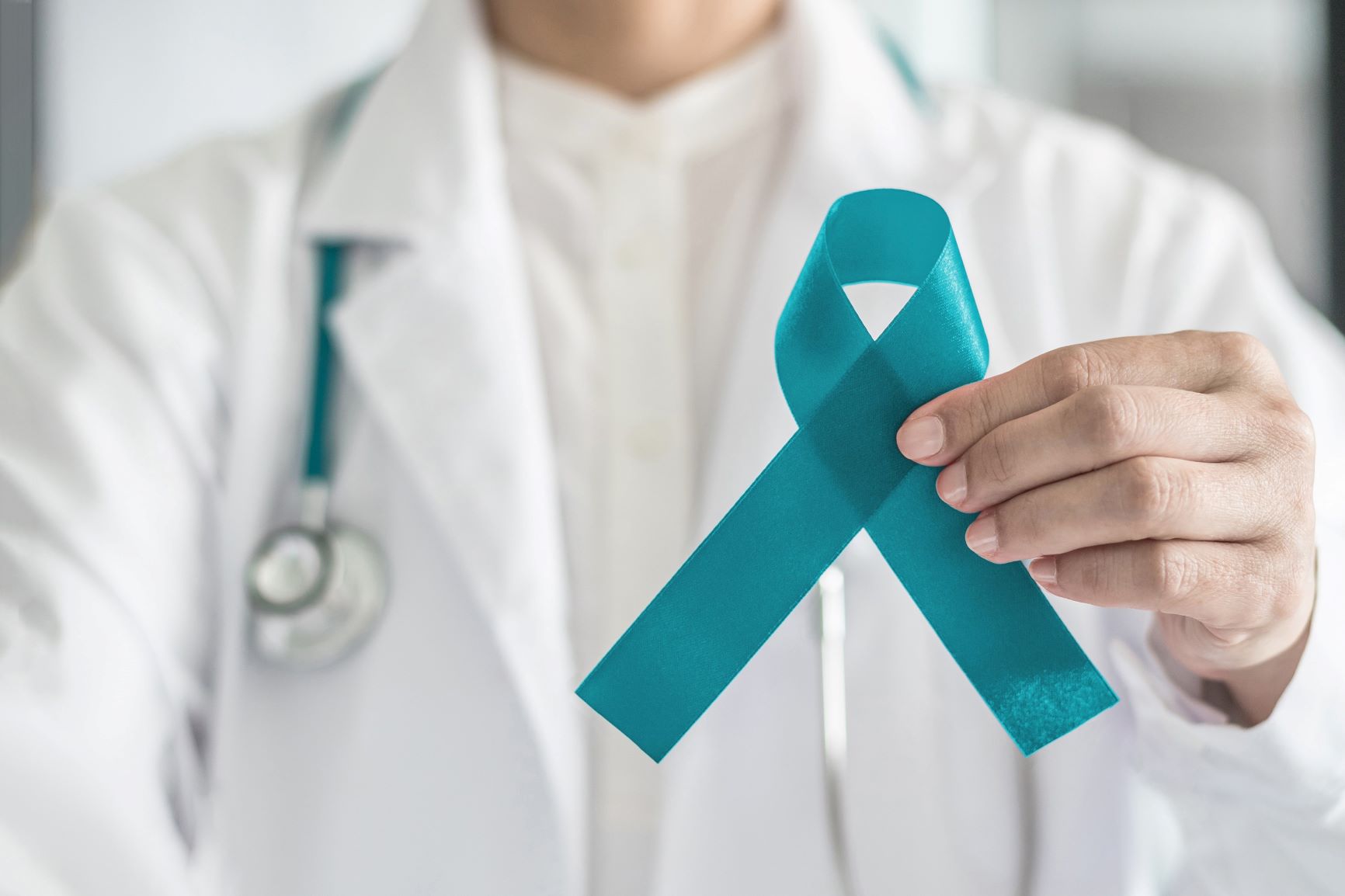
As seen in the January 2023 issue of Townelaker.
January is Cervical Cancer Awareness Month, which aims to raise awareness of the symptoms, latest research and spark conversation about its cause, prevention, diagnosis and treatment. An estimated 14,100 women will be diagnosed with cervical cancer this year, with approximately 4,280 women succumbing to the disease.
One of the main causes of cervical cancer comes from persistent infections stemming from human papillomavirus (HPV), an extremely common family of viruses transmitted through intimate skin-to-skin contact. Nearly all people who are sexually active will become infected with HPV at some point in their lives, which causes many oropharyngeal, vulvar, vaginal, penile and anal cancers.
Studies have shown that the vaccine for HPV can prevent more than 90% of cancers caused by HPV from ever developing, preventing an estimated 33,000 cases a year. The Centers for Disease Control and Prevention (CDC) recommends all individuals aged 11 or 12 should receive two doses of the HPV vaccine, increasing to a recommended three doses for those receiving the vaccine between ages 15 to 45. While most HPV infections can spontaneously resolve themselves, other HPV infections can persist for many years, leading to precancerous changes in the cervix that can progress to cancer if not treated. These persistent infections are more likely to occur in those with a weakened immune system, patients who smoke or experience secondhand smoke, and those who begin sexual activity at a young age.
Currently, physicians screen for cervical cancer in three different ways. First, they might use a Pap test or cytology, which examines cells from the cervix to see if they demonstrate changes caused by HPV. Next, they could use an HPV test, which tests cells from the cervix for infection with the virus. Finally, a physician might use co-testing, which uses both the HPV test and the Pap test in order to check for both high-risk HPV cells and changes in the cells. Physicians generally follow guidelines crafted by several organizations to determine which type of screening to use. For example, the American Cancer Society recommends screening starting at 25 years old with an HPV test every five years until age 65, with co-testing being an acceptable alternative. The U.S. Preventative Services Task Force, however, recommends screening with cytology alone every three years starting at 21 years old before adding HPV or co-testing every five years, or cytology every three years after age 30.
Women with pre-cancer of the cervix of early-stage cervical cancer tend not to experience any symptoms. As it progresses, the most common symptoms include vaginal bleeding (e.g., bleeding after intercourse, bleeding in between periods, or having heavier or longer periods), unusual vaginal discharge, pain during intercourse, pelvic or back pain and difficulty urinating or having a bowel movement.
Treatment for cervical cancer depends on the stage of the cancer, describing if it is limited to the cervix or has spread to other tissues. For the earliest stages, a simple surgery may be the mainstay of treatment. For later stages, treatment can include radiation combined with chemotherapy. Immunotherapy is also playing a growing role in the treatment of cervical cancer, which recurs after primary treatment with a combination of surgery, radiation and chemotherapy.
Cervical cancer is preventable, and even curable if detected early. If you are due for your annual gynecologic exam and Pap smear, please make an appointment today. If you are experiencing any unusual symptoms, please consider calling your primary medical provider. These calls may save your life.

